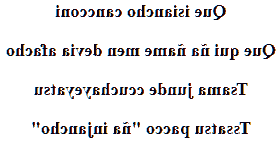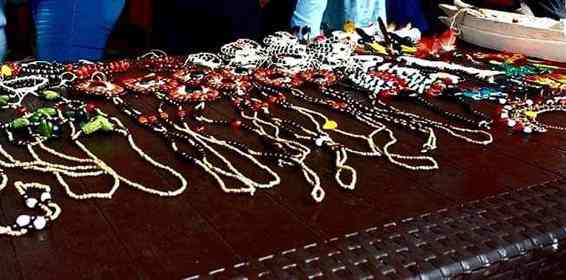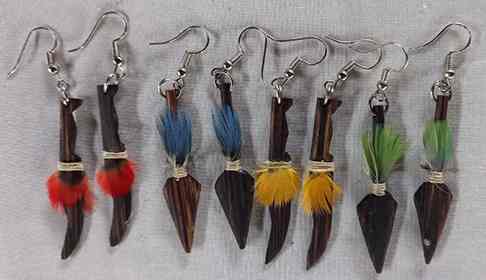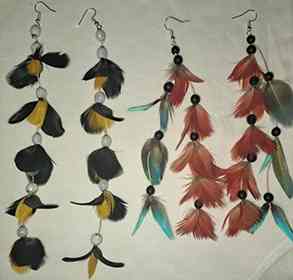Cofán love poem
Cancco
Que isiancho cancconi
Que qui ña ñame men devia afacho
Tsama junde ccuchayeyatsu
Tssatsu pacco "ña injancho"


→ French poem ←
Cofán language
The Cofán language (Kofán, Cofane, Kofane, Copane, Kopane, Cofana, Kofana, Cofuna, Kofuna, autonym: A'ingae ) in which my little love poem is translated, is an Amerindian, Amazonian language, spoken on the borders of Ecuador (Sucumbíos) and Colombia (Putumayo).
This language, which is considered isolated and perhaps with some links to the Chibchane family, has several variants (Aguarico, Paya mino, Azuela, Duino and Davino).
The Cofán speakers, the indigenous A'i Cofán, are in totality, in Colombia and Ecuador perhaps 1,700. If their number is low, in Ecuador they still transmit their language, but in Colombia the language is not so well transmitted. Also if this language is still alive, it remains to be watched, because it is especially the oldest generation who speak it.
In addition to some media that broadcast in Kofán, the A'i community, and governments of both countries, are implementing initiatives to protect it.
Within the different groups, Spanish remains among the people, the majority language, while Cofán is relegated to the family environment. In some exchanges, cofán and Spanish are used together.
The A'i refer to their language as "A'ingae" = "in the way of the people".
The A'i
The A'i (Cofán) are Amerindians, traditionally hunter-gatherers, living in about fifteen groups for a total of 2,000 people, between the Ríos Guamuéz in Colombia and Aguarico in Ecuador.
Originally from the Eastern Andes, they resisted the Incas, but had to move to the lands they occupy today.
When the Spaniards arrived, they were ten times more numerous, and since that time, they have seen their ancestral lands badly damaged by the search for gold, and oil drilling.
If their number has been divided by ten since the 16th century, it is of course because of the wars but also because of diseases imported from Europe (tuberculosis, measles).
Today, they live from some agriculture and livestock



If you are interested you can contact him: flotel1111@gmail.com